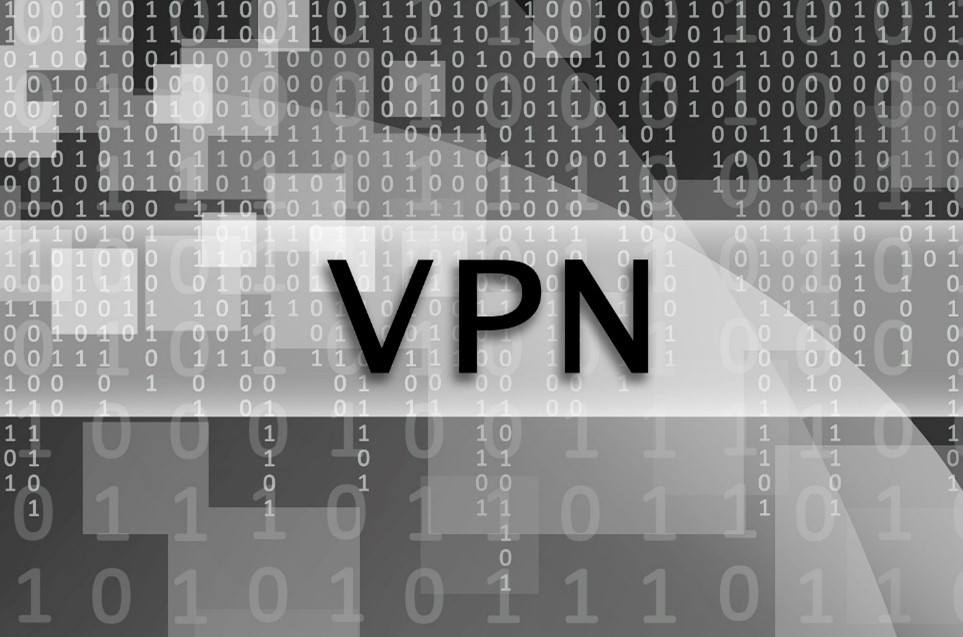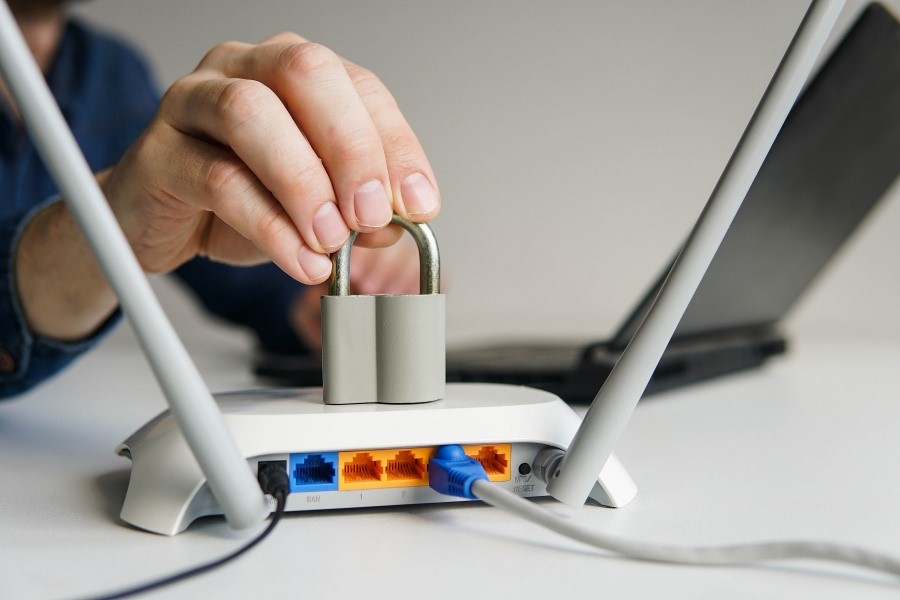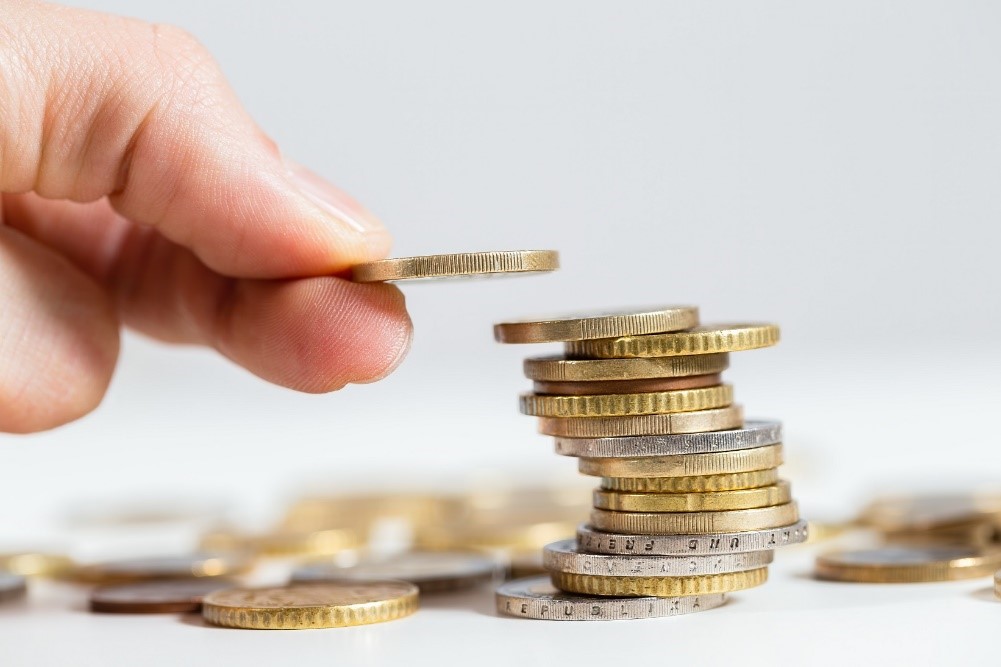Ten interesting facts about VPNs you probably did not know

1. VPN stands for Virtual Private Network. It is a technology that allows you to create a secure and private connection between your device and the internet by using an encrypted tunnel. This encrypted tunnel ensures that your online activities are secure and private, as your data is encrypted, and your IP address is hidden from the internet.
When you use a VPN, your internet traffic is routed through a server located in a different location than your own. This server acts as a gateway to the internet and masks your real IP address, making it difficult for anyone to track your online activities. This is especially useful when you are using public Wi-Fi networks, which are unsecured and can be easily intercepted by hackers.
VPNs are also used to bypass geographical restrictions, allowing you to access content that may be restricted in your country or region. For example, if you are traveling to a country where certain websites or services are blocked, you can use a VPN to connect to a server in a different country and access the content as if you were located there.
Overall, VPNs are a useful tool for anyone who wants to protect their online privacy and security, or access content that may be restricted in their location.
2. VPNs (Virtual Private Networks) were originally developed to provide a secure and encrypted connection between remote workers and their company's network. This allowed employees to access company resources and data from outside the office, without compromising the security of the company's network.
VPN technology has since evolved and is now widely used by individuals and businesses for a variety of purposes, including protecting their online privacy and security, accessing geo-restricted content, and bypassing internet censorship.
There have also been incidents of censorship, such as when the Brazilian government ordered social media platforms to remove content related to the COVID-19 pandemic that it deemed to be misinformation. Critics argued that this move represented an overreach of government authority and a threat to free expression.
3. One of the main advantages of using a VPN (Virtual Private Network) is that it encrypts your online traffic. Encryption is a process of encoding information in a way that makes it difficult for anyone else to read or access it without the proper decryption key.
When you use a VPN, all your internet traffic is encrypted, meaning that no one, including your internet service provider (ISP), government agencies, hackers, or other third-party entities, can see the content of your online activities. This makes it much harder for them to monitor your internet usage, steal your personal data, or intercept your online communications.
4. VPNs also hide your IP address. Yes, that is correct. VPNs, or Virtual Private Networks, hide your IP address by routing your internet traffic through a remote server. When you connect to a VPN server, your online activity appears to originate from the IP address of that server rather than your own IP address. This means that your real IP address is hidden from the websites you visit, your internet service provider (ISP), and anyone else who may be monitoring your online activity.
5. Many countries censor online content, and VPNs can be used to bypass these restrictions. For example, if a website is blocked in your country, you can use a VPN to connect to a server in a different country where the website is accessible.

6. VPNs are legal in most countries, but there are exceptions. There are several countries that have restricted or banned the use of VPNs (Virtual Private Networks) either partially or completely.
Some of the countries that have banned, or restricted VPNs are:
- China: The Great Firewall of China blocks VPNs and proxies, and only government-approved VPNs are allowed.
- Russia: In 2017, Russia passed a law banning VPNs and other proxy services that allow users to access blocked websites.
- North Korea: The use of the internet is heavily restricted in North Korea, and VPNs are illegal.
- Iran: Iran has banned the use of VPNs that are not approved by the government.
- Iraq: Iraq has banned the use of VPNs for individuals, although companies are allowed to use them.
- Turkmenistan: The use of VPNs is illegal in Turkmenistan.
- UAE: The United Arab Emirates has banned the use of VPNs for illegal activities, such as accessing banned websites and services. However, VPN usage is allowed for legitimate purposes.
- Turkey: The Turkish government has blocked many VPN services, but some are still accessible. However, the government has also fined and arrested VPN users for using VPNs to access banned websites and services.
- Belarus: In 2021, Belarus passed a law that requires VPN providers to register with the government and to block access to websites that are on a blacklist maintained by the authorities.
7. There are both free and paid VPN (Virtual Private Network) services available.
Free VPN services typically offer a limited number of servers, slower speeds, and may not provide as much security as paid VPN services. They may also have data caps or restrict certain types of traffic. In some cases, free VPN services may collect and sell user data to third parties, which can compromise user privacy.
On the other hand, paid VPN services offer a wider range of features and benefits. They typically have more servers to choose from, faster speeds, and stronger encryption protocols. Paid VPN services also generally offer better customer support and may have features such as ad-blocking and malware protection.
The decision to use a free or paid VPN service depends on individual needs and priorities. While free VPN services can be useful in certain situations, such as accessing geographically restricted content, paid VPN services offer more comprehensive protection and better overall performance.
8. VPNs (Virtual Private Networks) can be used on a variety of devices, including computers, smartphones, tablets, and even some smart TVs. VPNs work by creating a secure and encrypted connection between the device and the internet, which helps to protect the user's privacy and security online. By using a VPN, users can hide their IP address, encrypt their internet traffic, and access content that may be restricted in their region. VPNs are becoming increasingly popular as more people seek to protect their online privacy and security.
9. VPNs can also help you save money by enabling you to access websites and services that that may be blocked or restricted in your region. For example, if you are trying to purchase a product or service that is only available in a certain country, you can use a VPN to connect to a server in that country and access the website or service as if you were physically located there. This can often result in lower prices or access to deals and promotions that may not be available in your region.
Additionally, some websites or services may have different pricing tiers or options based on your location. By using a VPN to connect to a server in a different region, you may be able to take advantage of lower prices or better deals. However, it is important to note that this may violate the terms and conditions of certain websites or services, and using a VPN for this purpose may be considered unethical or even illegal in some cases.
Overall, while VPNs can potentially help you save money by accessing restricted content or taking advantage of location-based pricing, it is important to use them responsibly and ethically, and to always consider the potential risks and consequences.

10. While VPNs offer significant benefits, they are not foolproof. Some websites and services can detect and block VPN traffic, and VPNs can also be susceptible to leaks that compromise your privacy. Therefore, it is essential to choose a reputable VPN provider and use other security measures, such as antivirus software and firewalls.